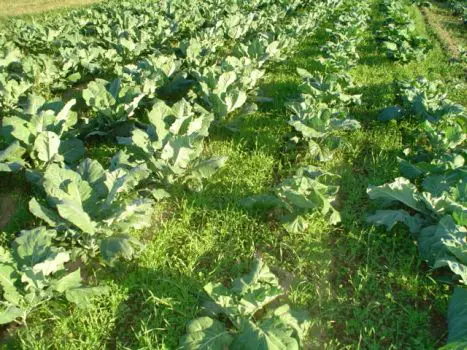
Humans require vitamins and minerals for growth and development, but have you wondered what plants require for their growth and development? Yes, plants just like human beings also require certain amount of nutrients such as nitrogen, magnesium, calcium, zinc, iron, etc. for their proper growth and biochemical functions. Without desired amount of nutrients, plants are stunted, have discolored leaves or no flower growth, which are the signs of nutrient deficiency.
Plants require two types of nutrients – macronutrients and micronutrients. Generally, plants need a total of nine macronutrients and nitrogen is one of them. Macronutrients are required in larger amounts as they are essential for growth and survival. Without the exact amount of macronutrients, the plant will suffer from poor health with no growth and in time it will cause serious damage to plants that may lead to its death.
Nitrogen is classified as macronutrient and plays a crucial role in plant’s growth, that’s one good reason that virtually all commercial fertilizers have nitrogen content in them. Generally in 100 pounds of fertilizer you will find 18 pounds of nitrogen content. Nitrogen is essential for the growth of leaves and stems and gives the plant a healthy green color. Without accurate nitrogen content in the plant you will find it pale and sickly. But do remember that too much nitrogen is not good for the plant, as it might use all energy in greenery and bear no fruit or flower at all.
One vital role of nitrogen is to make amino acids, proteins and DNA for the healthy development of leaves, stems and shoot region. It is not possible for the plants to use atmospheric nitrogen, so they require certain bacteria to get the desired amount of nitrogen from soil and water.